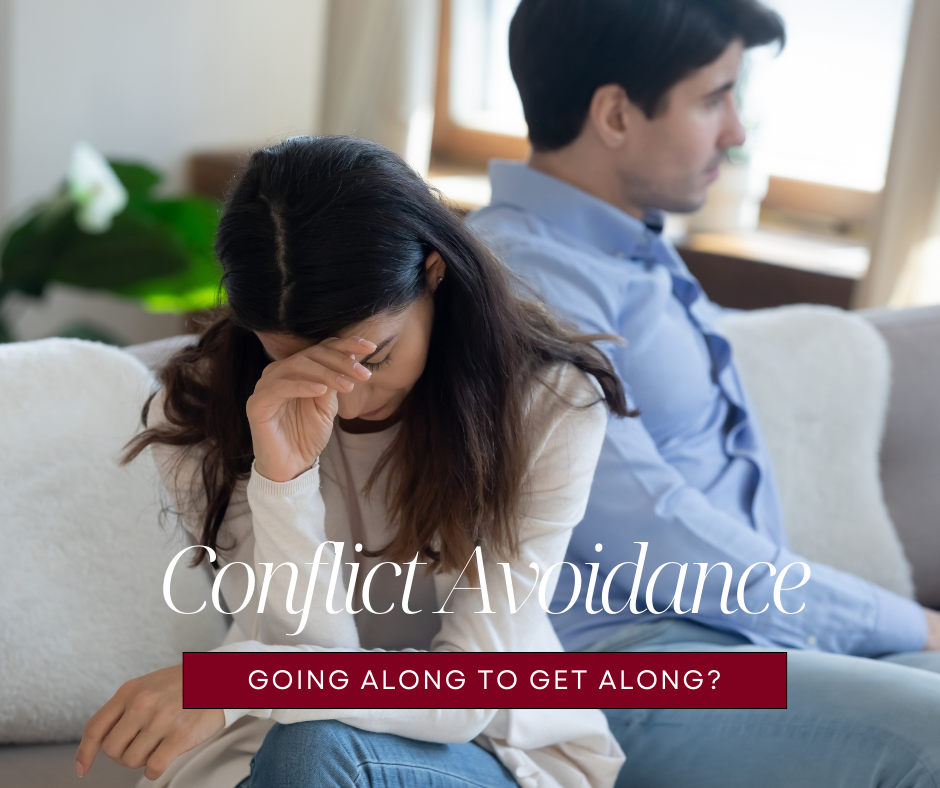What is Conflict Avoidance?
Conflict avoidance is a common strategy in relationships, especially at the beginning, but it can lead to pent-up emotions and resentment over time. It involves minimizing or evading discussions of potentially contentious topics. Open communication encompasses honest, transparent, and constructive dialogue aimed at resolving issues and fostering mutual understanding.
Avoiding conflict can lead to pent-up emotions that accumulate over time, eventually culminating in resentment. Meanwhile, open communication allows partners to address concerns early on, preventing the buildup of negative emotions. This supports emotional regulation by providing an outlet for expressing emotions and concerns. Partners who engage in open communication are better equipped to manage and address their feelings, reducing the potential for resentment.
However, it takes two to tango. To be open and honest, one must feel safe to do so. Partners who feel heard and understood are less likely to harbor resentment and negative emotions. Being able to address disagreements constructively is a skill; one that many of us lacked modeling growing up.
Almost a Catch-22 situation, you need trust and safety to communicate open and honestly and open, honest builds trust by demonstrating a commitment to addressing issues and maintaining transparency. It is a well worthy endeavor as, nonsurprisingly, partners who communicate openly experience higher relational satisfaction and perceive their relationship as more fulfilling.
Conflict avoidance very often comes from as a result of the strategies we learned to adapt and survival in the environments we grew up in, including home, groups, and our wider socio-cultural backgrounds. We’re all unique and the roots of avoidance are as unique as we are… It might have come as a result of traumatic or unsafe environments, out of neglect- and gaslighting experiences- and not believing our needs are worth to voice out whether because it wasn’t safe or because they were not attended to in any way. Additionally, being in conflict might feel too intense- as our hearts and breathing dysregulate- and it may feel better, at least at the moment, to “go along to get along” but eventually this strategy fails in more than one way.
If you’d like personalized support in exploring where this came from, how to change it, and to create strategies to manage conflict and regulate your emotions, click here to request a session.
I am a PhD in Clinical Sexology candidate at Modern Sex Therapy Institutes and have a Master of Science in Educational Psychology. I work with individuals, couples, non-monogamous relationships, and groups in topics related to sexuality, emotional regulation, communication dynamics, and changing behaviors.


